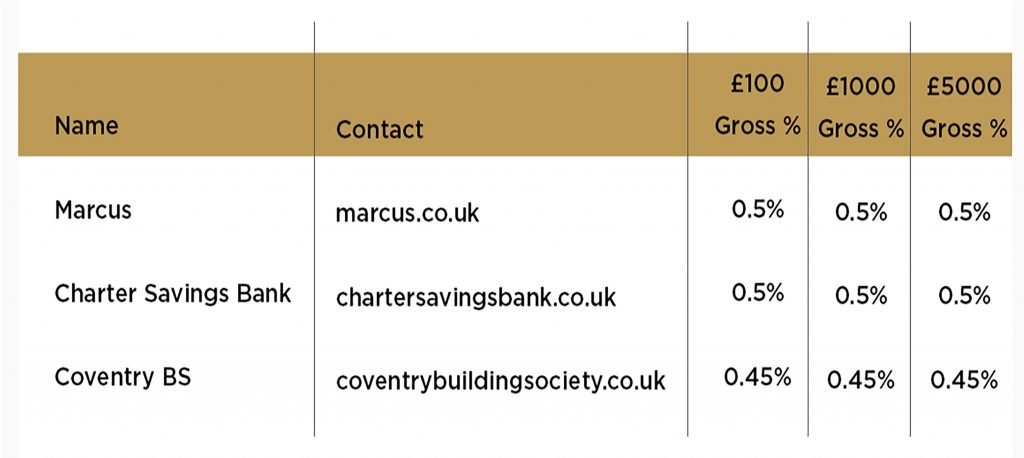Wealth Management Update – July 2021
Every holiday must come to an end.
Whilst pandemic related restrictions have scuppered the holiday plans of most in the UK, the one holiday many in Wales have rushed to secure has been that of the Stamp Duty holiday. Wales temporarily raised its threshold for Land Transaction Tax (LTT) during the pandemic from £180,000 to £250,000, in line with other UK governments. The exemption was due to end in March 2021 but was extended to the 30th of June.
Some homebuyers have saved thousands by completing sales within the deadline, but others are set to miss out. For example, people moving within Wales could save up to £2,500 on a purchase, but people moving to England stood to save up to £15,000 because of the differing rates of Stamp Duty there.
The measure, designed to shore up the housing market, has also taken some criticism for fuelling a housing price increase, the fastest increase in over 20 years, potentially driving up inflation.
When you look at the spread in the increase in house prices across Wales there’s an argument that the Stamp Duty holiday itself was an unnecessary measure that could not consider the motivations behind a potential house buyers’ move; the desire for a larger garden, an extra room to facilitate working from home or a change from crowded city life to the calm of suburbia.
According to Richard Donnell, Zoopla’s Research Director, “In the last 15 to 20 years house moves have been made by young people getting on the ladder then moving through. Now it’s much more driven by older people. Stamp Duty is a bonus for them but it’s not the only thing.”
Sales data from HM Land Registry and the Office for National Statistics show that house prices have grown the fastest in areas that have gained the least from the Stamp Duty holiday. Areas such as the North-East of England which have seen an average annual property price increase of 16.9% yet saw an average saving via the Stamp Duty holiday of just £380 vs the average of £14,585 in London where the increase in price has been significantly lower at 3.3%.
So, whilst the savings might be coming to an end, perhaps it’s too early to call time on demand.
Transactions with an effective date on or after 1 July 2021
Price threshold LTT rate
The portion up to and including £180,000 0%
The portion over £180,000 up to and including £250,000 3.5%
The portion over £250,000 up to and including £400,000 5%
The portion over £400,000 up to and including £750,000 5%
The portion over £750,000 up to and including £1,500,000 10%
The portion over £1,500,000 12%
Up, up and…
May saw inflation pick up pace as it crossed the Bank of England’s targeted 2% to hit 2.1% growth, the highest growth rate in one month in close to two years.
The Office for National Statistics reported this annual pace of price growth, measured by the Consumer Price Index. A rise that led the outgoing Chief Economist, Andy Haldane, at the Bank of England to warn the increase could lead the central bank to perform a “handbrake turn” to prevent the economy from overheating. Haldane went on to suggest inflation could hit 4% by the end of the year as part of a “significant and persistent” rise in inflation.
The Bank of England’s official forecasts are more conservative, with Governor Andrew Bailey saying the increase in inflation will be temporary and does not require the central bank to scale back its huge stimulus programmes.
Several commentators take the view that the increase is a temporary one. A bottleneck reaction as the supply of goods is impacted by the pandemic whilst consumer demand booms on the back of restrictions easing. Ambrose Crofton, Global Market Strategist at J.P. Morgan Asset Management also considers the increase to be pandemic driven, commenting: “As a result of the government’s furlough support propping up incomes while options to spend were depleted last winter, we estimate that since the start of the pandemic, consumers have saved about 10% of GDP in excess of what they normally would have. Prices are therefore rising in all the areas one would expect – clothing, restaurants and hotels, recreation and culture all saw big increases in May.
In figures published in late June, PricewaterhouseCoopers forecast a peak of 2.5-2.8% to come later this year before they anticipate a gradual decline in 2022. Commenting on the months to come, Hannah Audino, an economist at PwC said, “In general, inflation is likely to follow an upward trend as the economy continues to reopen. It is expected that the Bank of England will continue to prioritise supporting the recovery with low interest rates, over reducing inflation.”
Grandparents funding the next generation
A recent survey conducted in London discovered 48% of grandparents were increasing their level of financial support to grandchildren during the pandemic. Whilst supporting the children and structuring Estate Planning so that it benefits them is the norm, it would seem grandparents are not leaving out the younger generation.
A growing life expectancy might be playing its part. It means more time to spend with grandchildren to watch them grow and begin to build a life for themselves. This will inevitability throw up opportunities to assist financially, and watch grandchildren become young adults. There might even be a tax incentive in doing so with assets passed directly to grandchildren not then being subjected to Inheritance Tax when the children die. A Trust might be considered a good option for many where their giving can be potentially more deliberately planned out, perhaps where safeguards against the financial inexperience of youth will pay future dividends.
However you choose to structure your giving and your Estate Planning now and in the future, there’s no harm in being generous, just keep enough back for a post-pandemic treat or two.
Could a new tax be Sunak’s answer to reforming social care?
Sajid Javid took the reins from Matt Hancock in June, becoming our country’s new Health Secretary. Javid is now set to form an alliance with Chancellor, Rishi Sunak, as the duo set their sights on reforming social care through public funding.
Whilst the Prime Minister, Boris Johnson has pledged to fund social care reform, his hesitance to raise additional taxes to do so were said to be at odds with the desired approach of Sunak. The latest budget announcement, targeted at reducing the £300 billion deficit built up throughout the coronavirus pandemic, paved the way for the government raising over £65 billion via tax increases, the highest level seen since the 1960s.
Now with fellow fiscal conservative Javid in his corner, Sunak may look to tax rises to fund the annual cost of social care reform. A cost estimated recently by Sir Andrew Dilnot (who led a government review of social care in 2010) to be in excess of £10 billion annually.
Setting his intentions, Sunak announced to MPs that he seeks “a long-lasting, sustainable solution to the social care challenge that this country faces” A stance that received the backing of Dilnot, who added “It’s perfectly reasonable to impose some tax increase to pay for reforms”.
Top three cash ISAs
Please check the terms and conditions before opening any account. If in doubt consult with your financial adviser directly as the above are for information only.
Source: Moneysavingexpert.com 13.07.2021.









